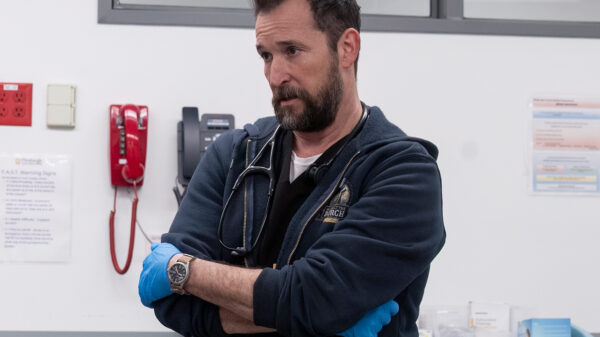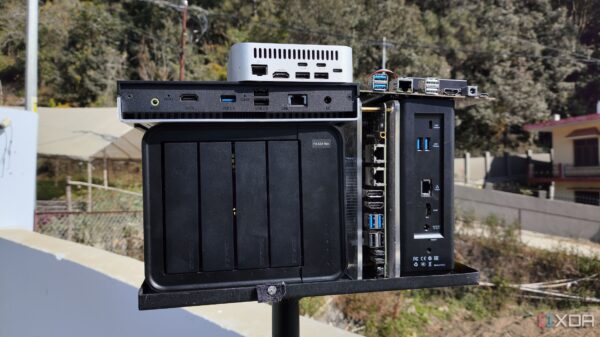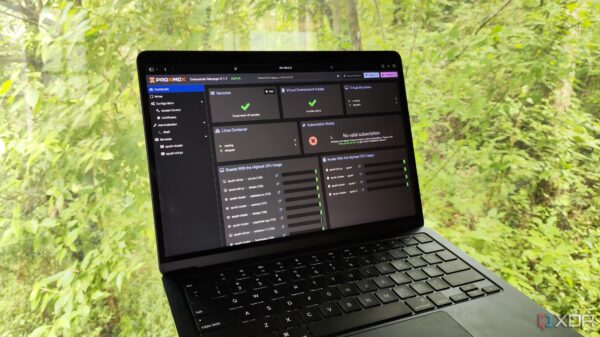UPDATE: In a shocking turn of events, four sisters from West Virginia have been diagnosed with the rare brain condition known as Chiari malformation, prompting urgent medical intervention and raising concerns about genetic links. The family’s ordeal began with their youngest daughter, Austyn Higginbotham, who at just 18 months old was found to have this serious condition, which affects 1 in 2,000 people.
Parents Paul and Ashlee Higginbotham noticed alarming changes in Austyn’s behavior. Described as “never happy” and suffering from severe developmental delays, Austyn underwent genetic testing that confirmed the diagnosis. According to Dr. David Harter, director of pediatric neurosurgery at NYU Langone, Chiari malformation occurs when the lower part of the brain bulges out of the skull, putting pressure on the spinal cord and leading to severe health issues.
Austyn had surgery in March 2023 at NewYork-Presbyterian Hospital, performed by pediatric neurosurgeon Dr. Jeffrey Greenfield. “When she woke up, it was like a different child,” Ashlee recalled. “It was like the pain she’d always felt was gone.” However, just days later, the family faced another devastating diagnosis.
During a follow-up appointment, Amelia, the couple’s three-year-old daughter, was also diagnosed with Chiari malformation and a tethered spinal cord, a complication seen in about 5% of Chiari cases. Both girls underwent surgeries in October 2023, with Amelia needing additional procedures.
As the family tried to cope with the escalating situation, symptoms in other daughters began to surface. Aubrey, then seven, showed signs of serious health issues, which led to another MRI confirming she too had Chiari malformation. “You’ve got to be kidding,” Ashlee said, reflecting on the surreal nature of their circumstances.
Aubrey’s surgery took place in November 2023, and soon after, the parents learned that their eldest daughter, Adalee, had similar symptoms. In a whirlwind of medical emergencies, the family was forced to confront the reality of their daughters’ health issues. Adalee’s surgery happened in March 2025, targeting her tethered spinal cord.
Despite the trials, the Higginbothams are hopeful. Their eldest two children were screened and do not have Chiari malformations, providing a glimmer of relief. The family now embraces a “new normal,” filled with laughter and smiles, while acknowledging that some symptoms still linger.
Ashlee expressed profound gratitude, stating, “(Dr. Greenfield) gave us our family back, and that is the most amazing gift anyone could get.” The family now advocates for awareness about Chiari malformation, helping others understand its implications and the importance of timely medical intervention.
As the Higginbothams rebuild their lives, their story serves as a powerful reminder of resilience, family strength, and the urgent need for awareness of rare conditions. The community is rallying around them as they navigate this challenging journey, inspiring others to seek help when faced with unexplained symptoms.







































































